How To Avoid a Scary Homeowners Insurance Claim This Halloween
 Trick-or-treaters aren’t the only spooky thing homeowners may see on Halloween. You also need to watch out for the possibility of scary homeowners insurance claims.
Trick-or-treaters aren’t the only spooky thing homeowners may see on Halloween. You also need to watch out for the possibility of scary homeowners insurance claims.
Here are 13 precautions to make your home safe and hazard-free before little ghosts, witches, princesses and super heroes come calling.
- Create a safe path. Clear your walk, steps, porch and lawn of any tripping hazards (electric cords, hoses, potted plants, etc.). Move everything to a place where no one can accidentally stumble on them.
- Repair hazards. Fix wobbly or broken porch railings that could cause severe injuries if any trick-or-treater or guest leans on them a little too hard.
- Survey your property. Take some exterior photos of your property before trick-or-treaters start to arrive. In the event of an accident or vandalism, they can come in handy.
- Secure pets. The things that make Halloween fun for people – spooky noises and music, trick-or-treaters, and unusual lights and decorations – can make the holiday nerve-wracking for pets, which in turn can lead to aggressive or destructive behavior. Keep pets in a safe location away from the commotion.
- Turn on the lights. Keep your sidewalks and pathways well lit so everyone can see clearly where they are stepping.
- Avoid homemade treats. Many parents won’t let their kids eat non-prepackaged candy. Plus, labels that have allergy warnings help prevent life-threatening reactions. Stick with the fun-size candies you can buy in bulk.
- Prevent electrical shock or fire. Use safe, intact electrical cords and decorations, and don’t overload outlets or circuits. Never fasten electrical wires or cords in a way that could damage the cord’s insulation or create tripping hazards.
- Decorate safely. Don’t hang heavy decorations overhead. These items could fall and strike a trick-or-treater or party guest, resulting in serious injuries. And avoid pop-up decorations that could startle visitors and cause an unfortunate accident.
- Host responsibly. If you host a grown-up Halloween party where you’re serving alcohol, monitor consumption and ensure your guests have designated drivers. And never serve alcohol to anyone under 21.
- Avoid fire hazards. Use LEDs instead of real candles in jack o’lanterns and paper luminarias. Real candles can create a dangerous fire hazard, especially with lots of children around.
- Take precautions in wet or cold weather. Use friction tape on steps. If your area is near or below freezing on Halloween, use salt or sand on slippery sidewalks and walkways as needed.
- Move vehicles. Reduce risks to little pedestrians by clearing parked cars from the curb for better visibility. And, instead of risking accidental dents or scratches, park your car in the garage, if you can.
- Discourage vandalism. Activate motion lights to illuminate the whole house and help scare away late evening vandals or mischief-makers.
Opening your home to trick-or-treaters and Halloween party guests can expose you to homeowners claims and lawsuits. Talk to your insurance professional to make sure your home insurance policy is current and that you have adequate protection. Once you’ve done your best to create a safe environment, you can enjoy the spookiest day of the year.




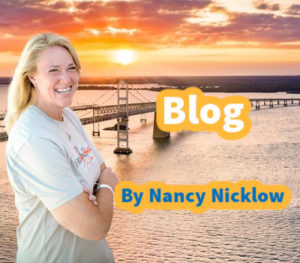 With the material shortage and labor shortage things are taking longer to get done then ever before. It is time to re-evaluate your business income insurance limits.
With the material shortage and labor shortage things are taking longer to get done then ever before. It is time to re-evaluate your business income insurance limits.

 Different types of coverage are commonly written on different types of policy forms. The most popular form is an occurrence policy, such as most
Different types of coverage are commonly written on different types of policy forms. The most popular form is an occurrence policy, such as most 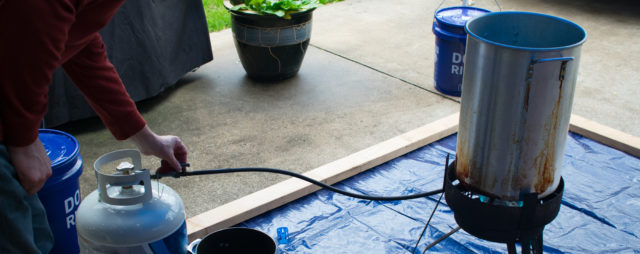
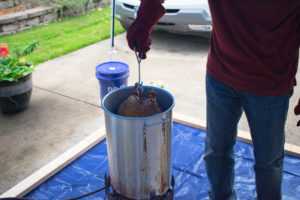 It’s hard to believe that we are days away from Thanksgiving 2021. I personally love Thanksgiving. A day to eat, hang out with family and take a nap not a bad way to spend a Thursday. My mom is a volunteer fire fighter in Rehoboth Beach Delaware Station 86, and she shared a fact that I found so interesting. Thanksgiving is the No. 1 Day for house fires. I thought to myself, ‘Okay this woman might be either going a tad insane or she is on to something here.’ So, like the millennial I am I went to google to find out if there was any truth to her “interesting fact.” If you google “what is the number one day for house fires” you will see that it is in fact Thanksgiving. This was a good sign to me, I thought to myself “okay, so my mother has not completely lost it and is just making up random facts now.”
It’s hard to believe that we are days away from Thanksgiving 2021. I personally love Thanksgiving. A day to eat, hang out with family and take a nap not a bad way to spend a Thursday. My mom is a volunteer fire fighter in Rehoboth Beach Delaware Station 86, and she shared a fact that I found so interesting. Thanksgiving is the No. 1 Day for house fires. I thought to myself, ‘Okay this woman might be either going a tad insane or she is on to something here.’ So, like the millennial I am I went to google to find out if there was any truth to her “interesting fact.” If you google “what is the number one day for house fires” you will see that it is in fact Thanksgiving. This was a good sign to me, I thought to myself “okay, so my mother has not completely lost it and is just making up random facts now.”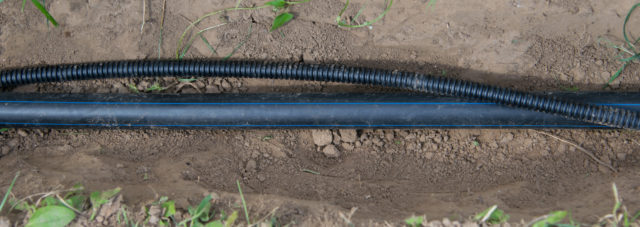
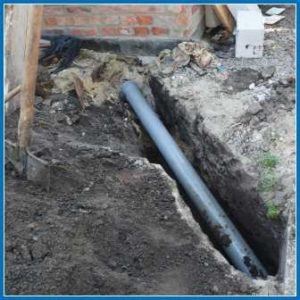 What type of coverage do I need to cover the pipes and lines going from my home to the road?
What type of coverage do I need to cover the pipes and lines going from my home to the road?
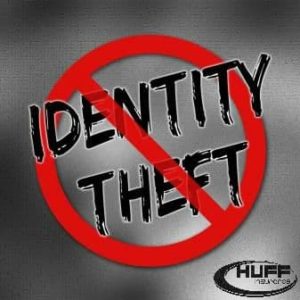 I was just getting ready to get off work, on the Friday before a long holiday weekend. Then I get a call from the Small Business Administration (SBA) asking me if I have applied for a loan from them for my business. I had NOT! Then it hit me. I have become a victim of
I was just getting ready to get off work, on the Friday before a long holiday weekend. Then I get a call from the Small Business Administration (SBA) asking me if I have applied for a loan from them for my business. I had NOT! Then it hit me. I have become a victim of